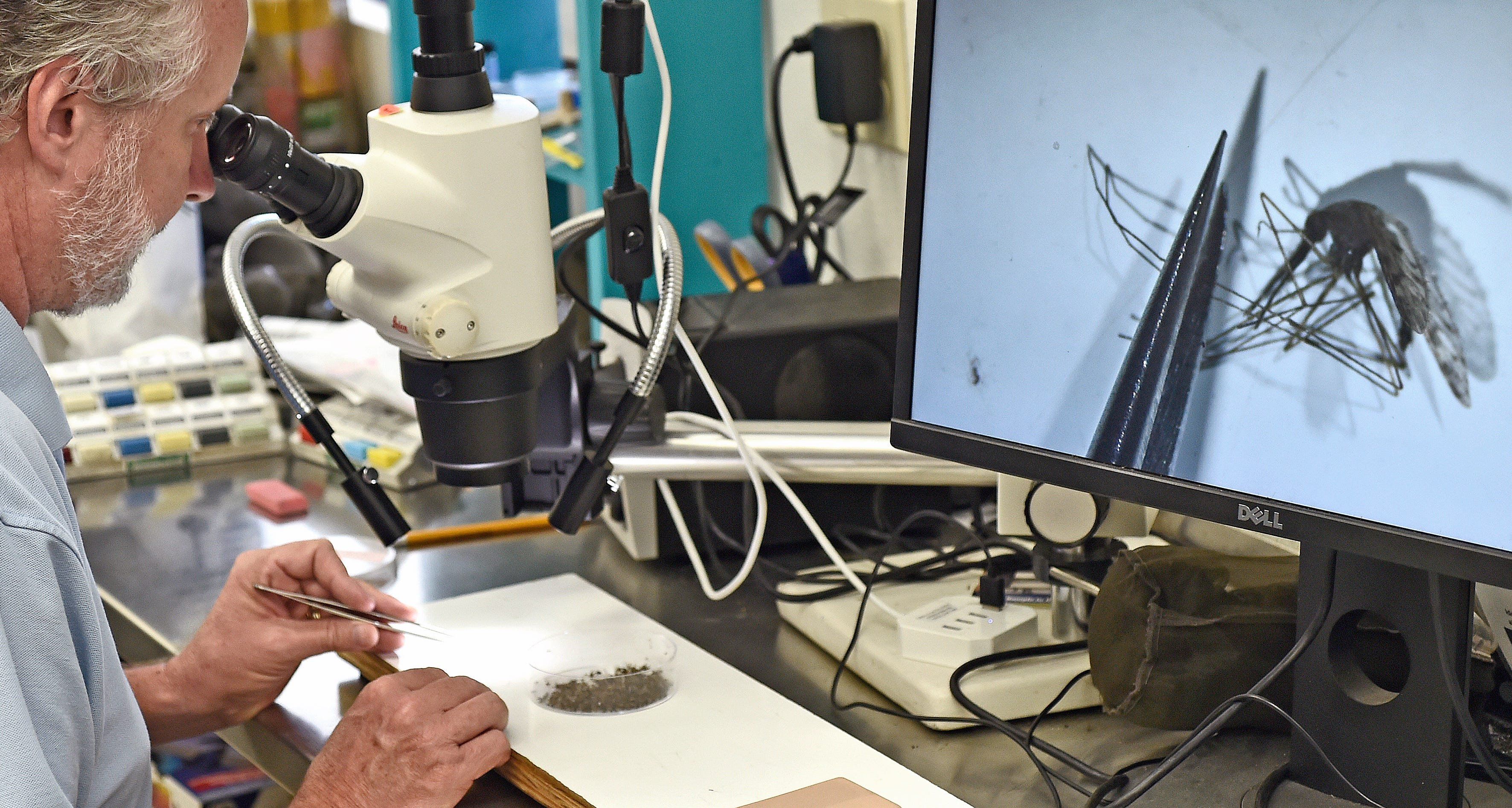20: The CDC has detected the first locally transmitted cases of malaria in the US in 20 years. Four of the cases were in Florida, the fifth in Texas. Aren’t those genetically modified mosquitos supposed to be preventing this? THEY HAD ONE JOB!
11: The death toll has climbed to 11 after Russia struck a patron-filled restaurant in the Ukrainian city of Kramatorsk on Tuesday. More than 60 people were injured in the blast. Meanwhile, Ukrainian officials have arrested a local resident who they say fed the Russians information in the lead-up to the strike.
1 in 7: These days a whole lot of Britons don’t have enough to eat. A new study reveals that 1 in 7 people in the UK faced hunger last year because they didn’t have enough money to buy food. That’s more than 11 million people. The UK, which is the world’s sixth largest economy, has recently seen its worst food price inflation since the 1970s.
0.52: Brazil’s population grew an average of 0.52% per year between 2010 and 2022, according to new census figures. That’s the slowest clip for Latin America’s most populous nation since 1872. Brazil’s birth rates have been steadily declining since the 1960s as the country industrialized. For comparison, the US population grew just 0.4% in 2022.
65: Fundraising by Israel’s world-renowned tech sector plummeted by 65% in the second quarter of 2023 as political upheaval over PM Bibi Netanyahu’s court reform plans spooked investors. For a look at the tech sector’s outsized role in that story, see our piece here.
